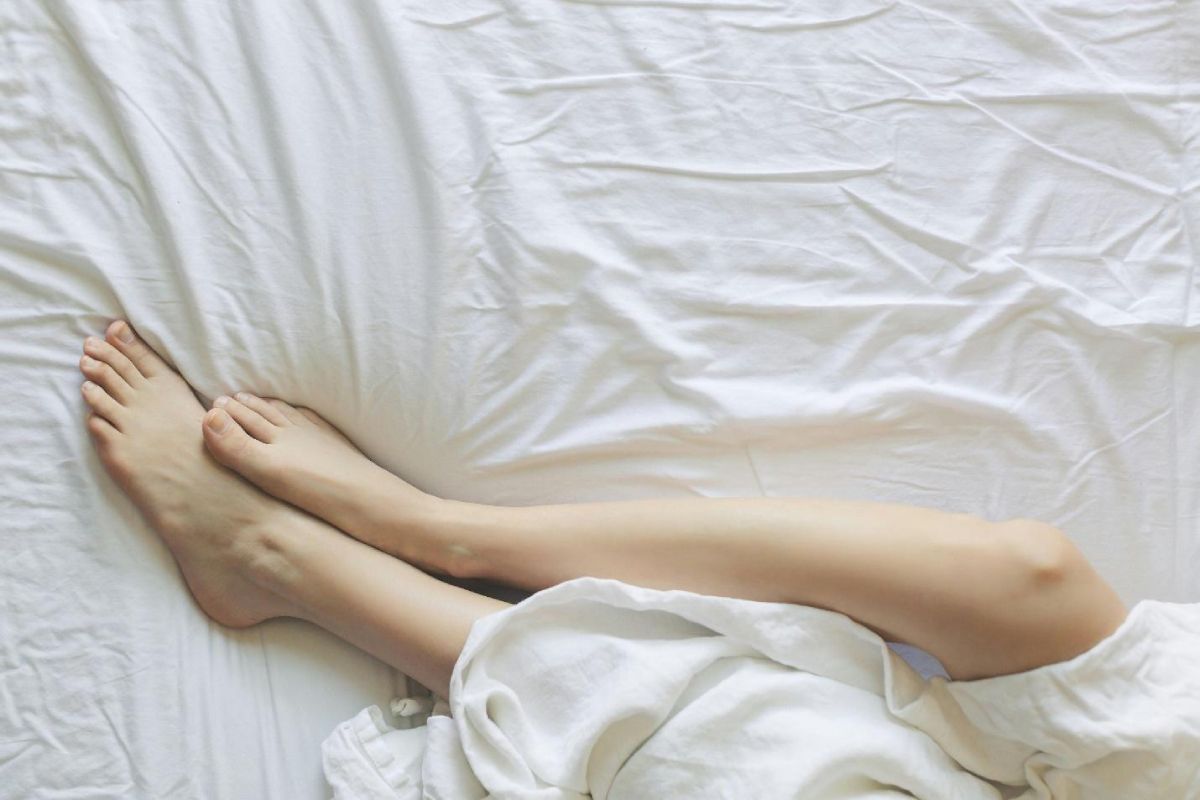Good sleep is essential for overall health and well-being. Yet, many people struggle with sleep problems that affect their daily lives. Sleep hygiene refers to the practices and habits that can help you get a good night’s sleep.
By following simple tips and making small changes to your daily routine, you can improve your sleep quality and wake up feeling refreshed and energized. This article provides practical advice on how to practice better sleep hygiene and enjoy the benefits of restful sleep.
1. Establish a Consistent Sleep Schedule
Creating and maintaining a consistent sleep schedule is crucial for better sleep hygiene. Going to sleep and setting your alarm for the same time every single day helps fix your body’s internal clock, also known as the circadian rhythm. This internal clock influences your sleep-wake cycle, hormone release, and other vital bodily functions. When you stick to a regular sleep schedule, you train your body to recognize when it’s time to sleep and when it’s time to wake up.
To establish a consistent sleep schedule, start by understanding how much sleep you require each night. Most adults require between 7 to 9 hours. Set a bedtime that allows you to get the recommended amount of sleep, and try to wake up at the same time every morning, even on weekends. Consistency is key, so resist the urge to sleep in or stay up late on weekends, as this can disrupt your sleep cycle and make it harder to maintain a routine during the week.
2. Create a Comfortable Sleep Environment
A comfortable and quiet sleep environment is essential for good sleep hygiene. Your bedroom should be a sanctuary for rest, free from distractions and conducive to relaxation. Start by choosing healthy bedding that’s non-toxic to ensure you are not exposed to harmful chemicals while you sleep. Invest in a good-quality mattress and pillows that provide adequate support and comfort.
Room temperature, noise, and light also play significant roles in sleep quality. Keep your bedroom cool, ideally between 60- and 67-degrees Fahrenheit, as a cooler environment can promote better sleep. Use blackout curtains or an eye mask to block out light, and consider using earplugs or a white noise machine to drown out any disruptive noises. Keep your bedroom tidy and clutter-free, creating a peaceful atmosphere that encourages relaxation and sleep.
3. Limit Exposure to Light Before Bedtime
Exposure to light, particularly blue light from electronic devices, can interfere with your body’s production of melatonin, a hormone that regulates sleep. Melatonin levels naturally rise in the evening, signaling to your body that it’s time to sleep. However, exposure to light before bedtime can suppress melatonin production and make it harder to fall asleep.
To improve your sleep hygiene, limit your exposure to light in the hours leading up to bedtime. Reduce screen time by turning off electronic devices such as smartphones, tablets, and computers an hour before bed. Instead, try out relaxing activities like reading a silly rom-com or listening to calming music. Consider using dim lighting in the evening to signal to your body that it’s time to wind down. If you need to use electronic devices, use blue light filters or apps that reduce blue light emissions to minimize its impact on your sleep.
4. Watch Your Diet and Caffeine Intake
What you eat and drink can significantly affect your sleep quality. Consuming large meals, caffeine, or alcohol close to bedtime can disrupt your sleep and make it harder to fall asleep. To practice better sleep hygiene, be mindful of your diet and caffeine intake, especially in the hours leading up to bedtime.
Avoid heavy meals and spicy foods in the evening, as they can cause discomfort and indigestion, making it difficult to sleep. Opt for lighter, sleep-friendly snacks if you need a bite before bed, such as a banana or a small serving of yogurt. Limit your caffeine intake, particularly in the afternoon and evening, as caffeine is a stimulant that can keep you awake. Instead, choose herbal teas or other caffeine-free beverages that promote relaxation. Be mindful of alcohol consumption, as it can disrupt your sleep cycle and lead to poor sleep quality. If you do drink, try to do so in moderation and avoid consuming alcohol too close to bedtime.
5. Wind Down Before Bedtime
A calming routine before bed can signal to your body that it’s time to calm down and prepare for sleep. Developing a consistent pre-sleep routine can help you transition from the busyness of the day to a state of relaxation and calmness, making it easier to fall asleep.
Start by identifying activities that help you relax and incorporate them into your bedtime routine. This could include taking a warm shower, practicing slow yoga or stretching, reading a book, or listening to soothing music. The goal is to engage in activities that calm your mind and body, promoting a sense of tranquility. Avoid stimulating activities like intense exercise, engaging in heated discussions, or working on stressful tasks close to bedtime, as these can make it harder to unwind.
6. Avoid Napping Late in the Day
While naps can be beneficial for recharging during the day, napping too late can interfere with your nighttime sleep. Long or late naps can make it harder to fall asleep at your usual bedtime and disrupt your sleep schedule.
If you feel the need to nap, try to do so earlier in the day and keep it short. A 20-30-minute nap can provide a quick energy boost without affecting your nighttime sleep. If you find yourself feeling drowsy in the late afternoon or early evening, consider other ways to stay awake and alert, such as going for a short walk, having a healthy snack, or engaging in a stimulating activity.
7. Limit Alcohol and Nicotine
Alcohol and nicotine can have a significant impact on your sleep quality. While alcohol might initially make you feel drowsy and help you sleep faster, it will disturb your sleep and lead to fragmented sleep. As the alcohol is metabolized, it can cause you to wake up frequently during the night and lower the quality of your sleep.
Nicotine, found in cigarettes and other tobacco products, is a stimulant that can interfere with your ability to fall asleep and stay asleep. It increases your heart rate and alertness, making it harder to relax and drift off to sleep.
Key Takeaway
Prioritizing sleep hygiene is one of the best investments you can make in your health. Implementing these tips can lead to more restful nights and more productive days.
Remember, small changes can make a significant difference in your sleep quality. Make sleep a priority, and your body and mind will thank you. Sleep well and wake up to a healthier, more vibrant life.















